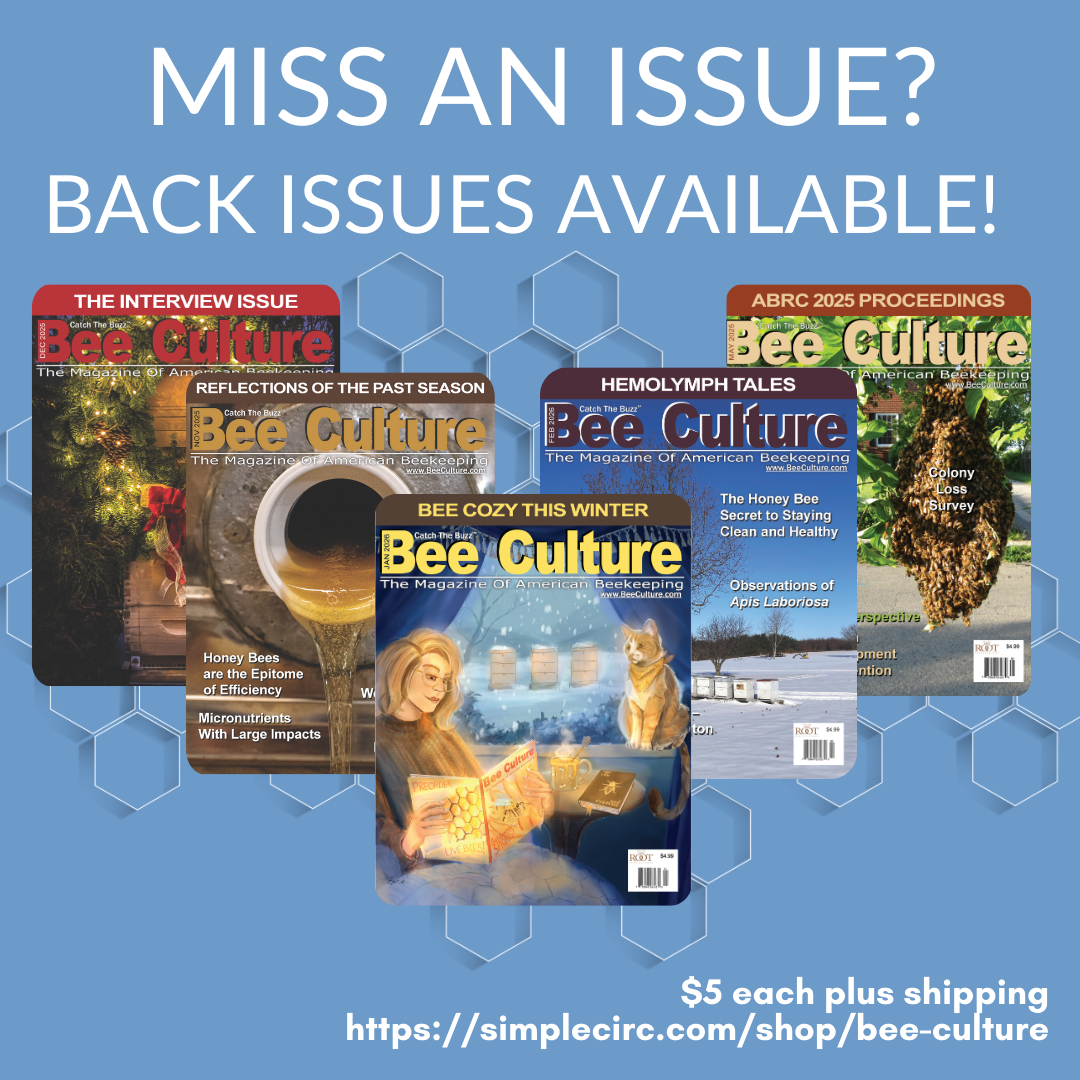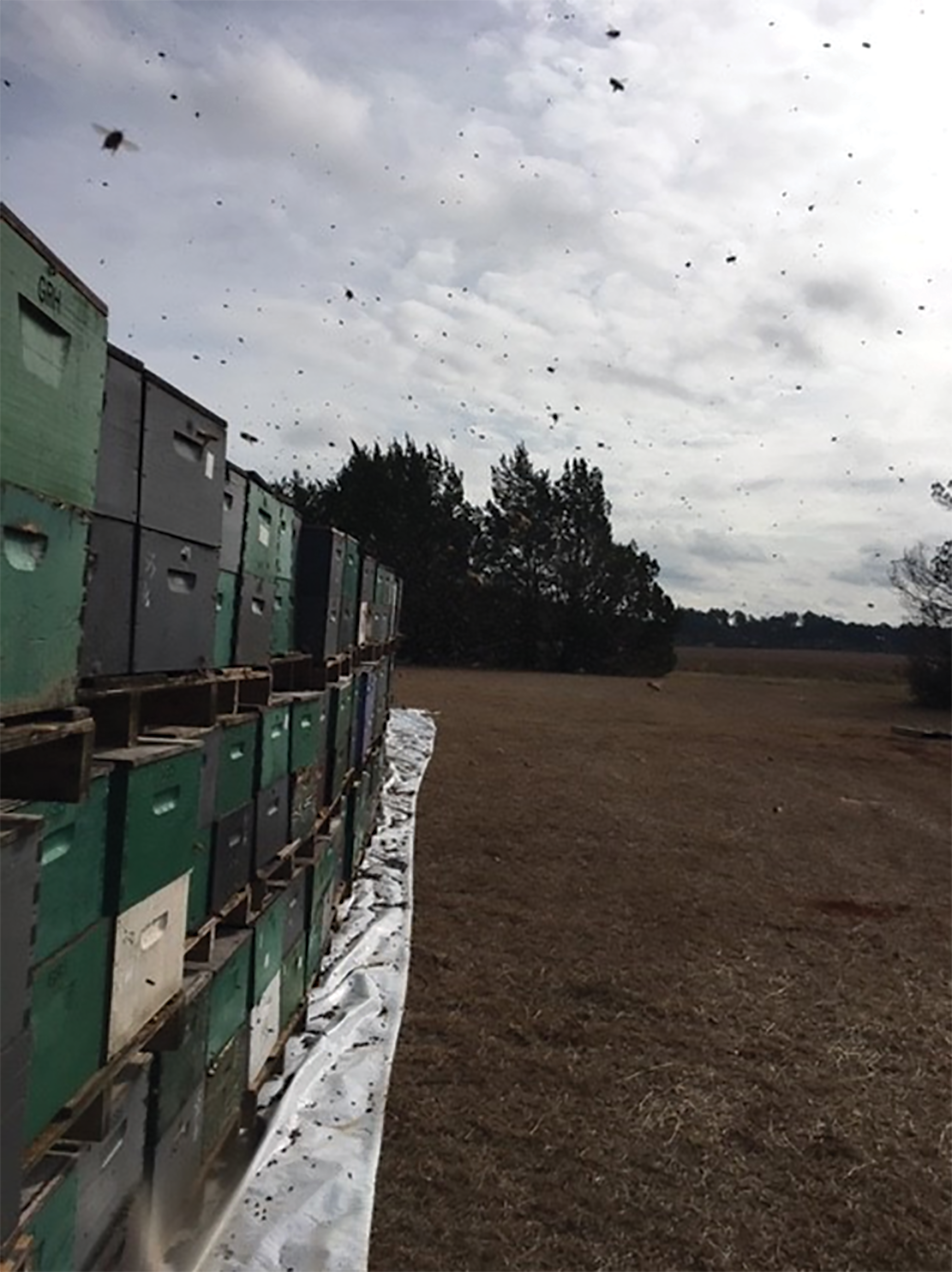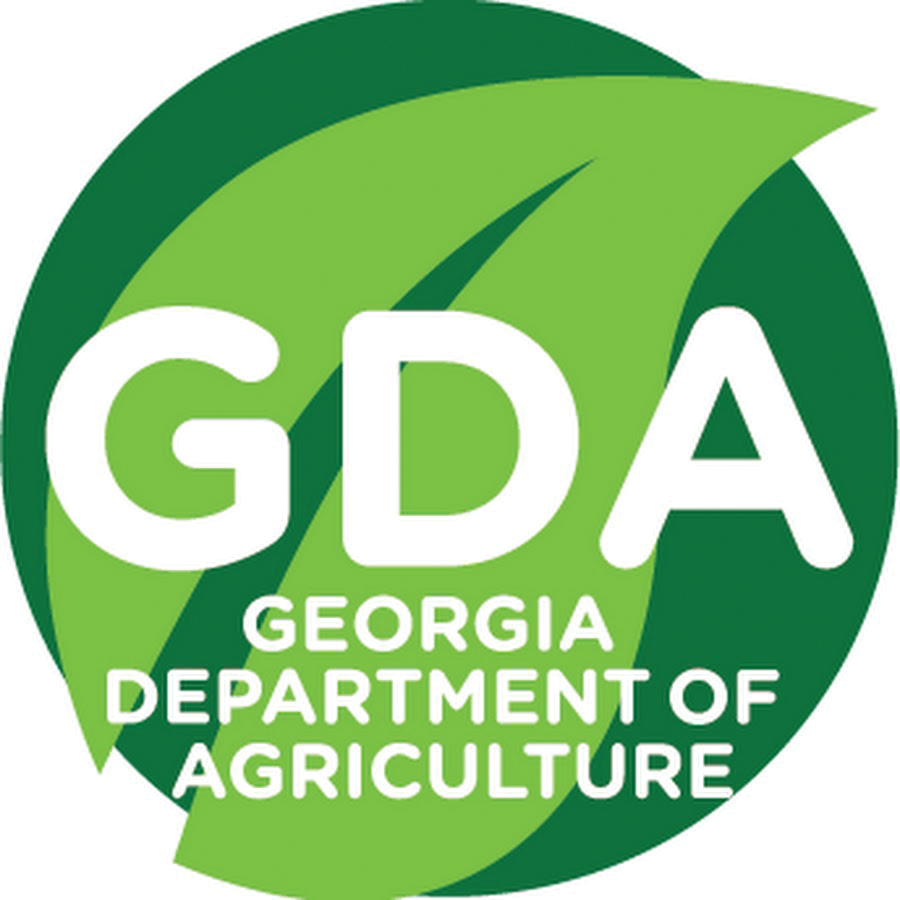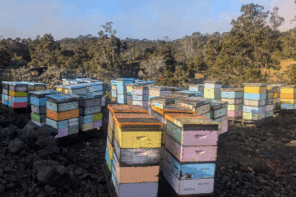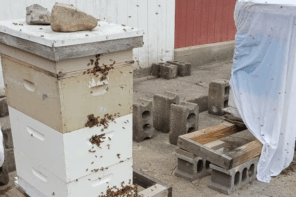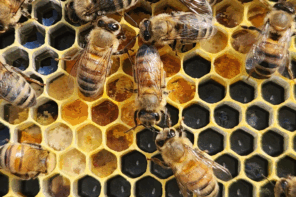Jonathan Nixon
The Georgia Department of Agriculture, Plant Protection Division has eight inspectors that work within the apiary industry. We are busy year-round with honey bee inspections and services. In January and February we are inspecting shipments of bees headed to California for almond pollination. We inspect at least 200 shipments to California each year. Because of our mild Winter season, many northern beekeepers overwinter colonies here. Spring and Summer brings inspections for migratory beekeepers leaving Georgia to go back North (Maine, Massachusetts, Vermont, New York, Pennsylvania). From August to November we are performing annual inspections on our queen and package producers, while also collecting samples for the USDA Honey Bee Survey. We have a large number of beekeepers in the state, most of which are hobby beekeepers, but we have a significant number of package and queen producers also. Many of those commercial producers have been in operation for generations in southeast Georgia. The southeast part of the state has many native honey plants and some beekeepers specialize in comb honey production, while the north Georgia Mountains are home to sourwood and basswood honeys. Georgia is an important and unique contribution to the apiary industry of the U.S. There has not been any recent changes or amendments to Georgia’s laws regarding honey bees. As the Lead Apiary Inspector, I schedule annual inspections for licensed apiaries, coordinate the collection of samples for the state’s USDA Honey Bee Survey, investigate pesticide complaints involving honey bees alongside our pesticide division, assist beekeepers with any issues that may occur throughout the year, and perform inspections for interstate movement of colonies.



